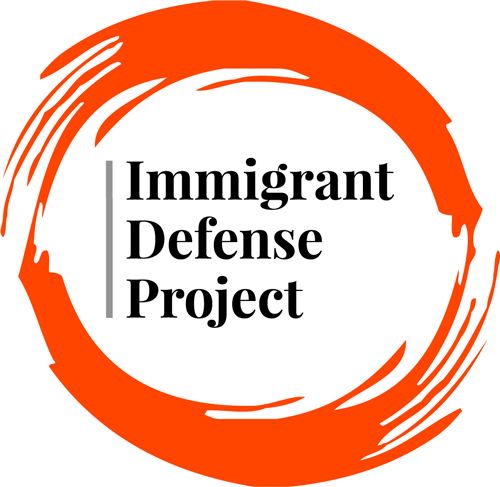This training will go through cutting-edge arguments for challenging current BIA standards for when immigration law will respect post-conviction relief. By challenging these standards, noncitizens can argue that all post-conviction relief – including vacaturs and expungements granted by state courts – must be recognized in immigration proceedings no matter the basis for the vacatur or expungement.
Beginning in 1999, the BIA stopped recognizing several forms of post-conviction relief previously recognized by federal immigration law. This has been based primarily on two BIA decisions: Matter of Roldan, 22 I&N Dec. 512 (BIA 1999) (en banc), and Matter of Pickering, 23 I&N Dec. 621 (BIA 2003). However, proper statutory interpretation of the definition of “conviction” in the Immigration and Nationality Act (INA), and significant legal developments since Roldan and Pickering, support overruling these decisions as contrary to statute and unreasonable.
The training will discuss legal arguments that all forms of vacatur and expungement should be effective for immigration purposes, as a matter of statutory interpretation. These arguments include discussion of statutory text, legislative history, and traditional tools of statutory interpretation. We will briefly review forms of post-conviction relief available to noncitizens and how that relief can impact immigration proceedings. We will discuss the history of the definition of “conviction,” including before and after codification of a statutory definition in 1996. And we will discuss the current legal standard for when state post-conviction relief is recognized for immigration law purposes and how and why these standards may be challenged. This training is particularly recommended for attorneys and advocates representing noncitizens before the immigration agencies, immigration courts, BIA, or federal courts. Post-conviction relief attorneys and directly impacted community members may also find these concepts useful.
What you will learn:
- Types of post-conviction relief & how they may impact immigration proceedings.
- Familiarity with the statutory definition of “conviction” in the Immigration and Nationality Act and the history of that term prior to codification.
- The BIA’s current standards for when state post-conviction relief will be recognized in immigration proceedings (Matter of Roldan; Matter of Pickering), and how the current standards differ from decades of agency precedents prior to codification of the conviction definition.
- How current agency precedent regarding (non)recognition of PCR can be challenged in court, despite circuit courts of appeals’ deference to agency precedent.
Who should attend:
Immigration attorneys and advocates representing people with New York convictions.
Presenters:
- Nabilah Siddiquee—Immigrant Defense Project – Senior Staff Attorney
- Seiko Shastri—Federal Immigration Litigation Clinic, University of Minnesota Law School – Immigration Litigation Fellow & Visiting Assistant Clinical Professor
- Andrew Wachtenheim—Immigrant Defense Project – Supervising Litigation Attorney
Dates:
Monday, November 14, 2022 – 1:30pm – 3:00pm (ET)
Please note that this is an online event and will be held through the Zoom webinar platform.
Registration:
The program is presented free of charge.
Registration will close on Monday, November 14, 2022 at noon (ET).
How to access a Zoom Webinar:
The Immigrant Defense Project requires all registrants to authenticate their profile in order to confirm the registrant’s identity. In order to attend a webinar hosted by the Immigrant Defense Project, please follow the instructions.
Continuing Legal Education Credits:
Sponsored by: Immigrant Defense Project
This transitional/nontransitional course has been approved in accordance with the requirements of the New York State Continuing Legal Education Board for a maximum of 1.5 credit hours, all of which credit hours can be applied toward the professional practice requirement.
Additional Information:
- This course is offered free of charge.
- Training will be held online through the Zoom webinar platform. You must register for this webinar training using an email address that is associated with a Zoom account.
- Individuals who are not present during the live training will not be eligible for the CLE credits.
- CLE certifications will be distributed by December 12, 2022.
- Please send inquiries to [email protected]
